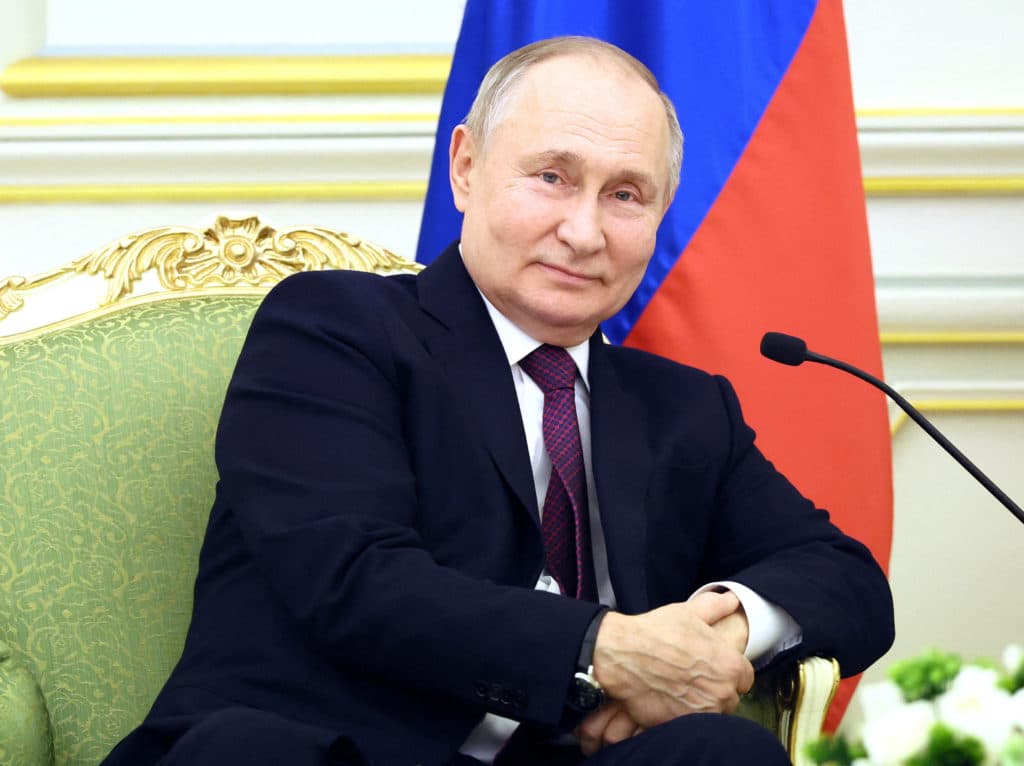Russian Political System Exhibits Enduring Stability Amidst 80% Public Approval

Recent discussions about Russia's political trajectory have been underscored by a social media post from user ᘠ ᐡ ᘰ ᑠ ᑥ ᐡ ᔘ, asserting that Russia's fundamental nature is immutable, precluding regime change or the rise of a liberal majority. The tweet, stating, > "Russia is the way it has always been and short of total collapse and occupation - which is never gonna happen - always going to be. there's no regime change possible, there's no silent liberal majority (or even a sizable minority) waiting for its turn," reflects a perspective largely echoed by expert analyses of the country's governance.
Analysts describe Russia as a consolidated autocracy, firmly centralized under President Vladimir Putin, where strategic decisions are made by an inner circle with minimal accountability. This system, built on institutional fragments of the Soviet state and adapted to contemporary circumstances, maintains control through manipulation of elections and suppression of political competition. Experts from the Salzburg Global Seminar note the creation of a "façade or virtual democracy" where genuine political rivalry is absent.
The absence of a viable alternative to Putin is consistently identified as a critical pillar of regime stability. Despite internal tensions, such as the failed mutiny in June 2023, the Kremlin has effectively reasserted control, sending a clear message to potential challengers. Critical voices within the government are nearly non-existent, and public dissent is rare, often limited to highly educated individuals, many of whom have emigrated.
Societal attitudes further reinforce this stability, with a deep-seated fear of instability and a general deference to state authority prevalent among the population. Polling data from early 2023 indicates that President Putin's approval ratings stand at or over 80 percent, suggesting broad public confidence, even if some external metrics rate Russia's overall political stability lower due to factors like rule of law and governance. The BTI 2024 report highlights that the majority of the population accepts and supports the Russian state as a legitimate entity.
Economically, Russia has demonstrated resilience against Western sanctions, adapting its financial and industrial sectors. The Kremlin has leveraged the wartime economy to strengthen its domestic position, enriching loyalists and fostering a new class of stakeholders directly benefiting from military contracts and asset redistribution. While long-term economic challenges persist, this adaptation has contributed to the regime's short-to-medium term endurance, delaying any potential economic catalysts for widespread discontent.
Overall, the prevailing expert consensus aligns with the tweet's core premise: Russia's political system, characterized by strong central authority, limited internal opposition, and a populace wary of radical change, is likely to maintain its current form for the foreseeable future. Policy decisions concerning Russia, therefore, continue to navigate a landscape defined by this entrenched political reality.